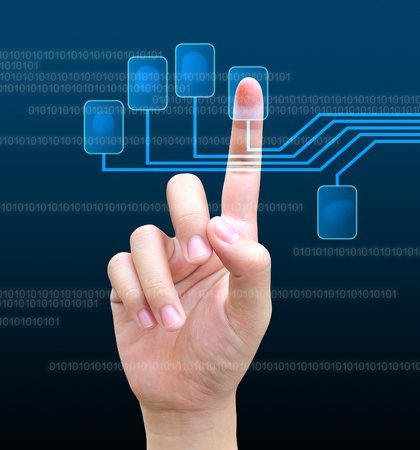It is interesting to see how technology changes have impacted the origination process, and with time companies are trying to depend more on digital documentation instead of focusing strictly on printed papers. One of the main problems faced is that an actual signatures are needed to close deals, which means that sometimes it can be a hassle to get paperwork signed. In our digital world, doesn’t it make sense that electronic signatures should be a standard part of the process?
Electronic Signatures Recognized as of January
One thing that was surprising to many wholesale & correspondent lenders is the fact that FHA said that they would begin recognizing electronic signatures as valid. This announcement was made in January, and they have been accepting certain loan documents with electronic signatures.
The most important thing is to make sure that these loan documents are compliant with the guidelines that have been provided by FHA, and industry wide best practices need to be followed. Additionally, the rules of the Electronic Signatures in Global and National (ESIGN) Commerce Act need to be followed at all times.
Benefits of Electronic Signatures
The main benefit of these electronic signatures lies in the fact that compliance can be bolstered and operations can be streamlined. It makes the process much easier and faster to have electronic signatures, instead of the need to send hard copies back and forth between parties. It is possible for these changes to lead to even bigger changes for mortgage originators.
As a mini-correspondent lender, if you are planning to accept electronic signatures, then it is important that you read through the rules and regulations in order to understand the exact forms that can be signed electronically. Some of these forms include the IRS form 4506-T, documents for loss-mitigation and servicing, and origination documents… as long as they are created by you as the mini-correspondent lender.
Some people are surprised by this change to a government agency, because these changes are often slow-coming. But, in this particular situation, it is much needed and it should have been expected. As a result, positivity has been injected into the mortgage industry, because it shows rededication to rebuilding the industry, and it also shows the forward-thinking mindset that is being developed.
Some people are even speculating about the possibilities of a system which allows complete electronic mortgage processing. This concept would drastically reduce the need for printing and paper waste, allowing every step of the process to be handled in a digital manner.
Because of the allowance of digital signatures, originators might be able to streamline their systems. Previously, different paperwork was needed for conventional loans and FHA loans, since some of the papers could be signed digitally and others couldn’t be signed digitally. The hope is that everything can be streamlined, to simplify the process for originators.
We can help keep you up to date about mortgage programs and other changes that are happening within the mortgage and lending industry. I invite you to take some time to look through the pages here at DaveKevelighan.com, or you can also call me anytime at: (303) 520-0004.






